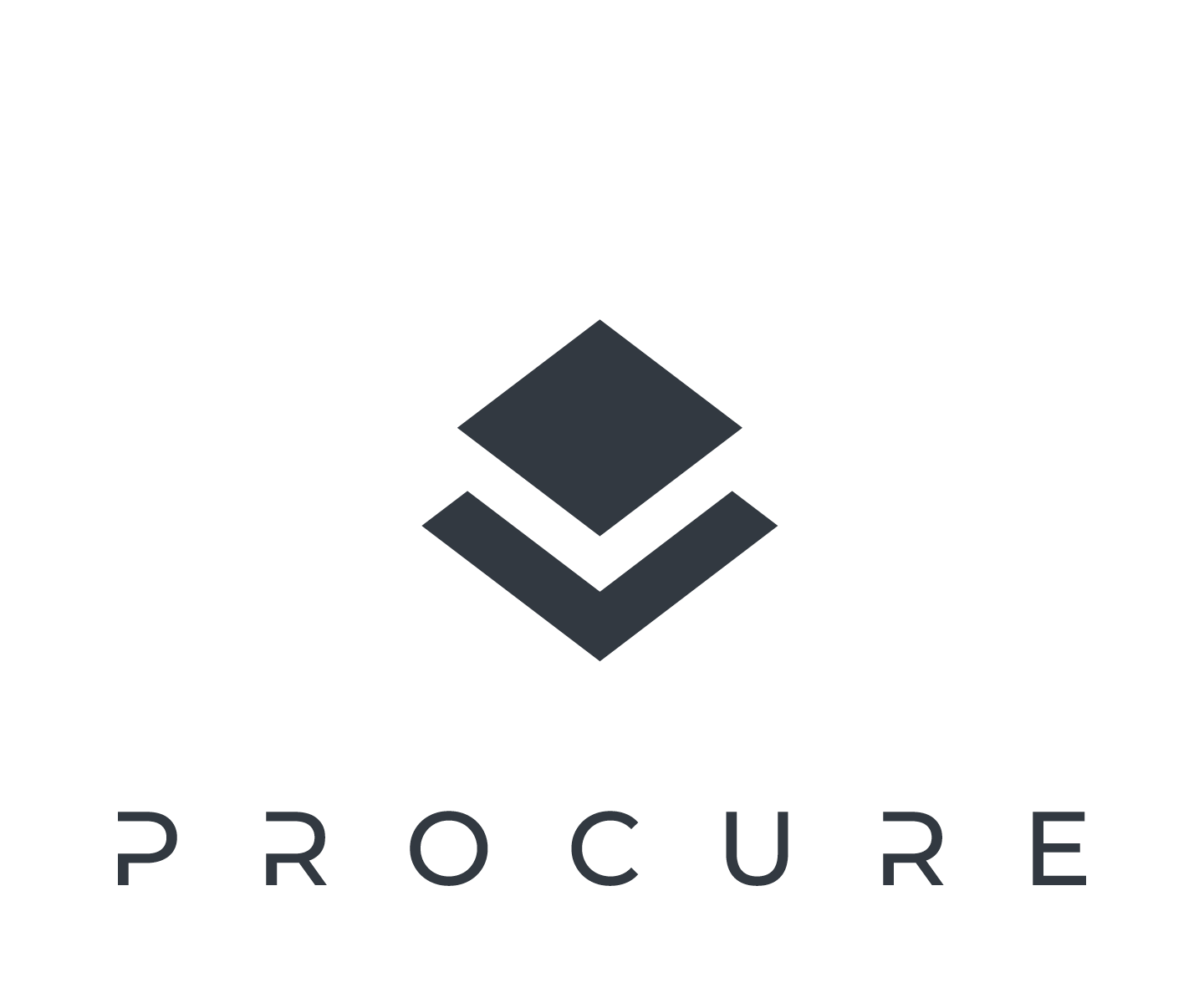Observational Study
on European Healthcare
& Procurement Environment
Strengthening European Healthcare Procurement through the PROCURE Project: Key Findings and Future Impact
The PROCURE project is making remarkable headway in advancing healthcare procurement across Europe. A central achievement has been the creation of “Country Nodes” in 10 Member States involved in PROCURE. These Country Nodes serve as collaboration hubs, bringing together public and private healthcare organisations as well as institutions and suppliers from each country under the guidance of dedicated Country Leaders. By gathering local insights and sharing expertise, these nodes have significantly contributed to PROCURE’s cornerstone effort—the “Observational Study on European Healthcare & Procurement Environment.”
The Observational Study: Laying the Groundwork for Change
The Observational Study is a foundational component of the PROCURE project, providing qualitative data on healthcare procurement practices across Europe. Involving 148 healthcare organisations—including suppliers, contracting authorities (public procurers), private procurers, and healthcare institutions—this study captures diverse perspectives of procurement. The findings are summarised in Identity Cards (ID Cards) for each country, allowing for a comparative analysis that reveals both shared trends and unique national dynamics.
To standardise and effectively organise the data collected through questionnaires, RESAH designed an ID Card template. This tool enabled each Country Leader to classify and structure the data collected, item by item, into a cohesive document. These ID Cards served as working documents for RESAH’s final consolidation process. Each Country Leader submitted a drafted ID Card for their respective country, totalling 10 ID Cards, which collectively provided a comprehensive overview of European healthcare procurement practices.
Data Processing and Collaboration Through the ID Card Template
While completing the ID Card template, Country Leaders conducted a pre-selection of the data, adhering to detailed instructions from RESAH. This guidance covered aspects such as questionnaire categories, question numbers, response formats, and answer selection criteria. During monthly meetings, RESAH provided additional instructions and clarifications on using the template, allowing Country Leaders to raise questions and offer input as needed. This collaborative process ensured that the data collected was both accurate, uniform and anonymous, facilitating a smoother consolidation phase.
Key Shifts in European Healthcare Systems
The Observational Study revealed significant shifts in European healthcare, including a growing focus on efficiency, digitalisation, and sustainability. With technologies like remote healthcare, AI, wearable devices, and digital patient management systems, healthcare delivery is becoming more advanced and patient centred. There is also a shift towards value-based care and sustainability, with innovative approaches in personalised medicine and preventive healthcare gaining traction.
Yet, challenges persist. Public healthcare systems are under increasing pressure from factors such as an ageing population, rising costs, and staffing shortages, as well as evolving regulatory demands. These trends underscore the need for adaptable procurement systems that can respond to future crises and ongoing demographic shifts.
Emerging Trends in Healthcare Procurement
The findings from the study point to several prominent trends in European healthcare procurement:
Collaborative Procurement: Increasingly, Member States are pursuing joint procurement initiatives to pool resources and enhance supply chain resilience. This trend promotes mutual support and collective purchasing, which can lead to economies of scale and more efficient use of resources.
Value-Based Procurement (VBP): Moving beyond cost alone, there is a shift towards procurement that prioritises value and outcomes. Contracts now frequently incorporate criteria that measure overall benefits for patients and healthcare systems.
Digitalisation of Procurement Processes: Many countries have embraced electronic tendering and digital platforms to streamline procurement, making processes more transparent and accessible.
Sustainable and Responsible Procurement: European healthcare systems are increasingly incorporating environmental and social criteria in procurement, aligning with Corporate Social Responsibility and circular economy goals.
Building Resilience and Responding to Challenges
The COVID-19 pandemic highlighted vulnerabilities in supply chains, encouraging initiatives to increase resilience. The study shows that several countries have now prioritised strategic stockpiling and flexible procurement practices to respond better to future disruptions. Considering geopolitical tensions and economic constraints, European healthcare systems are also exploring ways to ensure resource availability across urban and rural areas, aiming to deliver equitable healthcare.
Charting the Path Forward: Best Practices and Tailored Recommendations
This Observational Study serves as the baseline for upcoming project phases, specifically the identification of best procurement practices and the development of targeted recommendations for EU Member States. Moving forward, the PROCURE consortium will use these findings to establish sustainable and effective procurement practices across Europe. These steps will address lessons learned from COVID-19 and meet the demands of evolving healthcare landscapes, helping Europe’s healthcare systems to build resilience and enhance patient care.
The results of the Observational Study, alongside the forthcoming Digital Statistical Tool developed by UPM called EU Contract Hub, are expected to shape these initiatives, helping Europe’s healthcare systems prepare for the future with a strong, unified procurement strategy.

